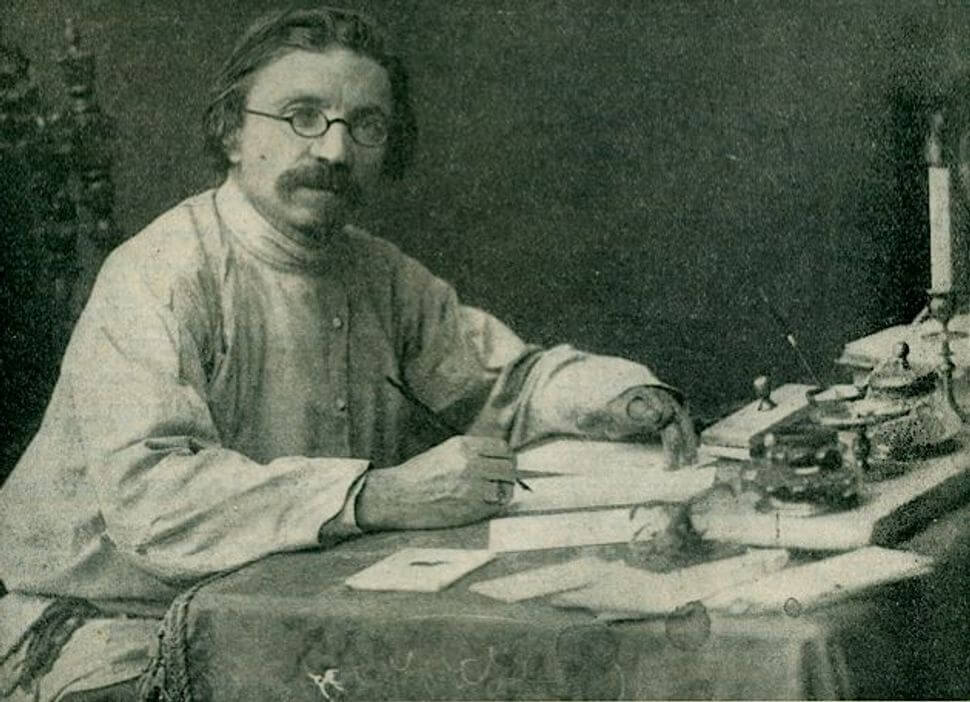Coco Chanel, ‘Horizontal Collaboration,’ and Outfitting Occupied Paris
The designer Gabrielle “Coco” Chanel had a well-documented affair with the Nazi officer Hans Gunther von Dincklage, with whom she lived at Paris’s Ritz hotel throughout the German occupation of France. But you wouldn’t know that from watching the new biopic “Coco Before Chanel” (French-language trailer below), which portrays Mme. Chanel as an up-by-her-two-toned-ballet-flats heroine — and leaves out her wartime whereabouts altogether.
Sure, “Coco Before Chanel,” which stars Audrey Tautou and premieres stateside next month, begins and ends before 1940. But some European critics are calling out director Anne Fontaine for the omission of Chanel’s Nazi associations — not only from the film’s narrative, but also from the short biographical epilogue that appears onscreen before the closing credits.
Cosmo Landsman, in The Sunday Times, writes:
It’s often said that the French fashion designer Coco Chanel liberated modern women from the confines of the corset and the fussy ornateness of haute couture. And for this act of sartorial emancipation, it’s assumed all women should be grateful. What Chanel’s admirers conveniently forget to mention, however, is that her supposed act of liberation did not extend to the millions of Jewish women murdered in the concentration camps by the Nazi regime with which she collaborated.
… It would be hard to make a sympathetic heroine — and a commercial, mainstream film — out of a conniving woman who spent part of the war sleeping with a Nazi in the Ritz in Paris. The Chanel legend can withstand the whims of fashion, but not the whiff of truth.
… The film’s backers must be hoping they have another La Vie en rose on their hands. But there’s none of the low life and high drama — or emotional punch — of the biopic of Edith Piaf. That film had soul; this one has chic outfits. It’s a work of hagiography that serves neither history nor its subject well.
And Angelique Chrisafis’s review in The Guardian explains:
The film sees her move from poverty to high society, from young hat-maker to her first catwalk show. But it stops short of a darker period in her life…
Chanel tried, but failed, to use the law banning Jews from owning businesses to wrest control of her perfume manufacturing from the Wertheimer family who ran it at that time. She preferred to conduct her relationship with the Nazi baron indoors, rather than at Nazi soirees. Briefly moving to Switzerland, she escaped punishment at the Liberation and would later stage a fashion comeback in Paris.
For all of her so-called “horizontal collaboration,” Chanel did close down her fashion business during the war, later telling those who took her to task for cavorting with Nazis, “At least I did that.”
But neither Occupation-era shop closings nor the mandated rationing of materials diminished Paris’s status as the world’s fashion capital, according to a new museum exhibit about women’s fashion trends under Nazi occupation. Paris’s famously fashionable residents — at least those lucky enough to be thinking about donning high-fashions, rather than about eluding Nazi guards — wore knitted broaches, crepe paper hats, wooden-soled shoes and summer gloves made from old bed linens.
The exhibit features some 400 accessories from the années noires, or dark years — including evidence of sartorial resistance, such as silk scarves covered ironically with collaborationist propaganda.”Accessoires et objets, témoignages de vies de femmes à Paris, 1940–1944” is on view through November at Paris’s Musée Jean Moulin, an exhibition space named for the famed French Resistance fighter Jean Moulin.
















